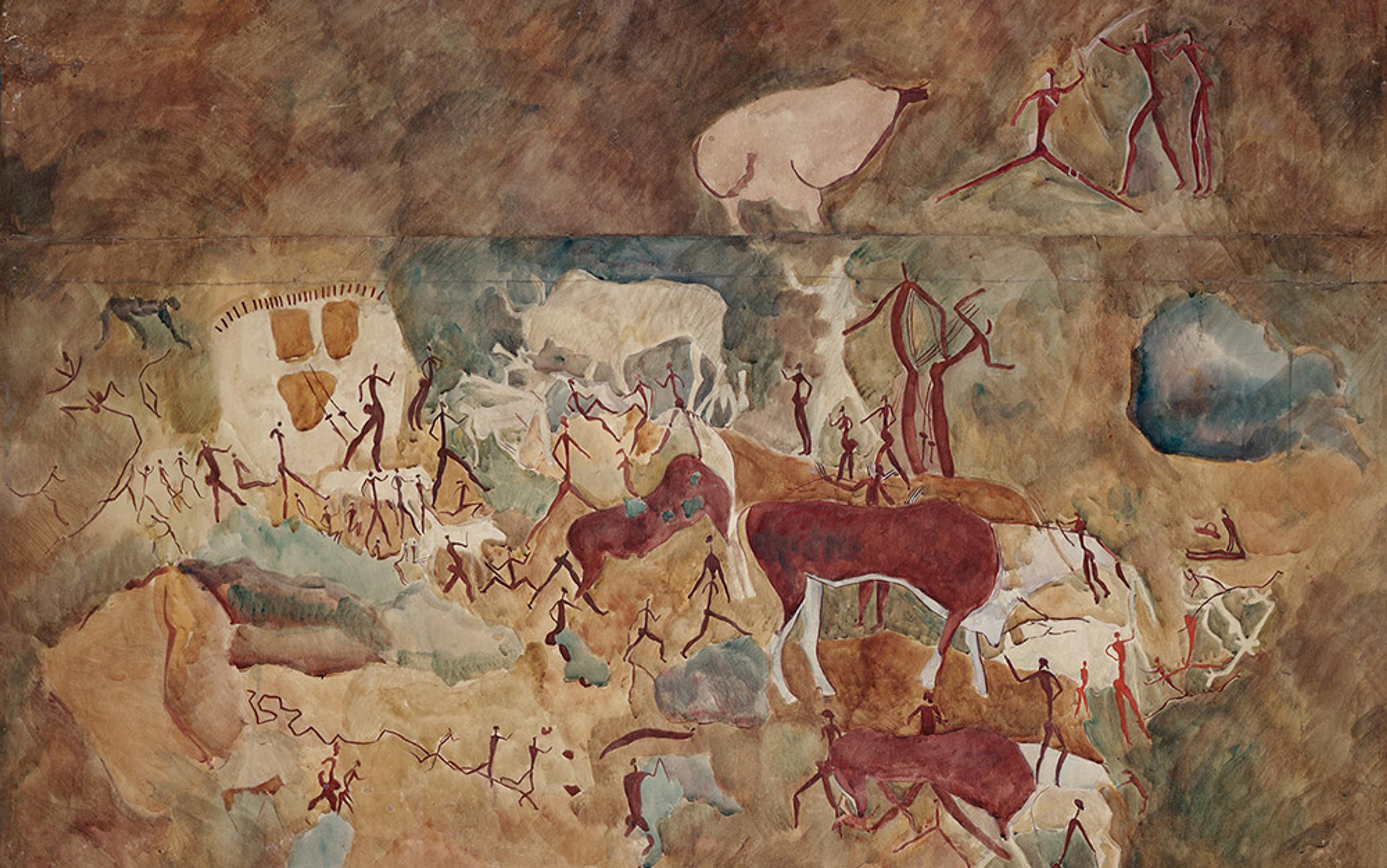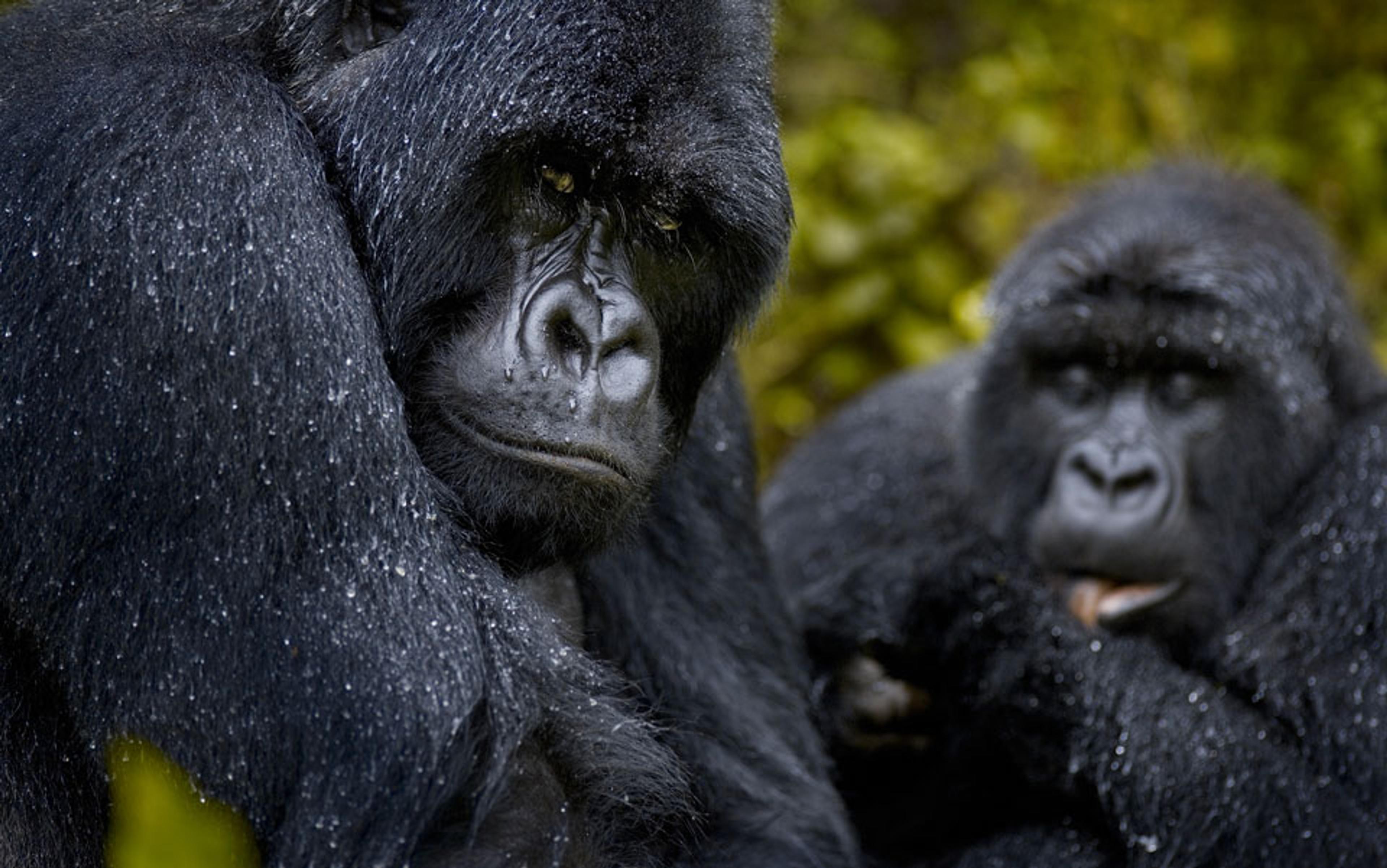Stephen T Asma
Professor of Philosophy, Columbia College Chicago
Stephen Asma is professor of philosophy and cofounder of the Research Group in Mind, Science and Culture at Columbia College Chicago. He is the author of many books, including The Evolution of Imagination (2017) and The Emotional Mind: Affective Roots of Culture and Cognition (2019), co-authored with Rami Gabriel. Asma is the host of YouTube channel “Monsterology.”
Written by Stephen T Asma

essay
Knowledge
Imaginology
We need a new kind of approach to learning that shifts imagination from the periphery to the foundation of all knowledge
Stephen T Asma

essay
Dance and theatre
Phantasia
Imagination is a powerful tool, a sixth sense, a weapon. We must be careful how we use it, in life as on stage or screen
Paul Giamatti & Stephen T Asma

idea
Computing and artificial intelligence
Ancient animistic beliefs live on in our intimacy with tech
Stephen T Asma

essay
Human evolution
United by feelings
Universal emotions are the deep engine of human consciousness and the basis of our profound affinity with other animals
Stephen T Asma & Rami Gabriel

idea
Philosophy of religion
Religion is about emotion regulation, and it’s very good at it
Stephen T Asma

essay
Human evolution
Imagination is ancient
Our imaginative life today has access to the pre-linguistic, ancestral mind: rich in imagery, emotions and associations
Stephen T Asma

idea
Cognition and intelligence
We could all do with learning how to improvise a little better
Stephen T Asma

essay
Gender and identity
The weaponised loser
Mass shootings have one thing in common: toxic masculinity. Where does it come from and what can be done to stop it?
Stephen T Asma

essay
Anthropology
Families made us human
The evolution of human culture can be explained, not by the size of our brains, but by the quality of our relationships
Stephen T Asma

essay
Biology
Animal spirits
The more we learn about the emotions shared by all mammals, the more we must rethink our own human intelligence
Stephen T Asma